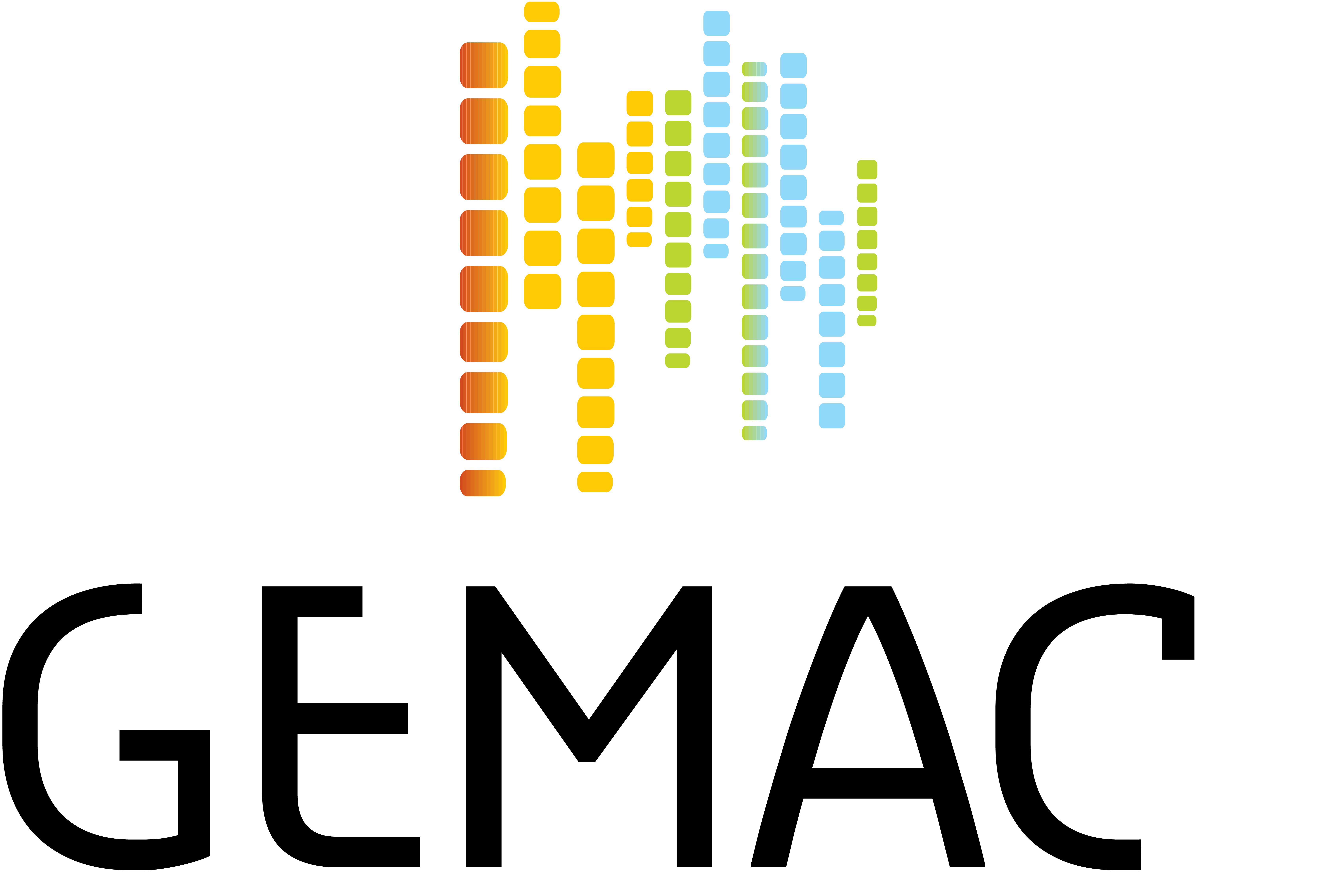Our Mission
Gabinete de Estatística, Modelação e Aplicações Computacionais (GEMAC) bridges the gap between academia and the society at large. GEMAC serves as an interface between FCUP’s mathematical modeling group and the external world, including industries, academic partners and other institutions. GEMAC fosters knowledge transfer between academia and industry, ensuring research remains relevant to real-world challenges.
Key areas of expertise
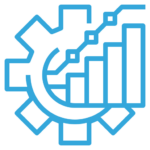
Optimization
GEMAC's associates have been involved in many optimization projects, from matching to packing to lot-sizing. These projects have included some unconventional settings, such as optimizing container loading with pipes, for which a problem-specific solver had to be developed. GEMAC's team possesses a comprehensive understanding of optimization techniques, including linear and nonlinear programming, combinatorial optimization, and heuristic methods, allowing us to tailor solutions to specific needs.

Statistics
Previous projects involving statistics range from company-specific training in relevant areas (e.g., for quality control) to the development of meaningful questionnaires for market surveys. GEMAC's expertise extends to advanced statistical techniques, including employing tools from artificial intelligence, to provide our partners with an in-depth understanding of their data.

Computational models and applications
Our past projects include the analytical description of dynamic mechanical systems, resulting in the development of several computational prototypes for new machines. GEMAC possesses a solid background on mathematics, including areas like finite element analysis and computational mechanics. This allows us to develop sophisticated computational models that accurately represent the behavior of real-world systems, translating theoretical knowledge into tangible engineering solutions.
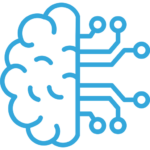
Machine Learning and Artificial Intelligence
GEMAC has developed sophisticated tools for demand analysis. These tools leverage machine learning to categorize customers based on data, rather than relying on pre-existing stereotypes. Our deep understanding of machine learning and artificial intelligence techniques allowed us to effectively utilize a variety of algorithms, including clustering, classification, and recommendation systems, to develop innovative tools for demand analysis.

Simulation
We have been involved in developing simulation-based decision support tools in many areas: for example, a tool for analyzing strategic behavior in markets shared by benevolent or rational agents. GEMAC's strong foundation in simulation modeling and agent-based modeling techniques, combined with our expertise in statistical analysis, fosters the development of sophisticated simulation tools for supporting decision-making.

Automated exam evaluation
Our collaborators include a team that developed an open-source automated exam evaluation tool. The tool supports various exam formats including multiple-choice questions and coded solutions (e.g., programming exercises). It is extensively used within our Faculty and elsewhere. A key feature is the ability to create multiple variants of the same question with student-specific answers, promoting academic integrity. We also provide assistance with installation, training, and best practices.
Services
IN-HOUSE CONSULTANCY
GEMAC promotes partnerships between researchers from higher education institutions and R&D units within the framework of research projects.
EXTERNAL CONSULTANCY
GEMAC's aim is to provide consultancy services and educational support in its areas of intervention, promoting better efficiency by proposing solutions to real problems.
ADVANCED TRAINING PROGRAMMES
GEMAC offers advanced training courses in its areas of expertise, taught by specialists using active and dynamic methodologies. The aim is to provide innovative working tools designed to respond to the real needs and challenges of the labour market.
Previous Projects
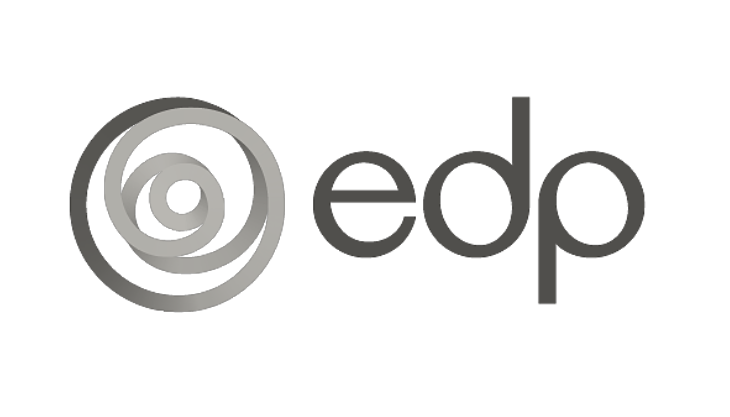


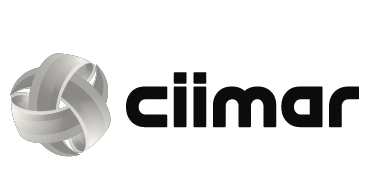


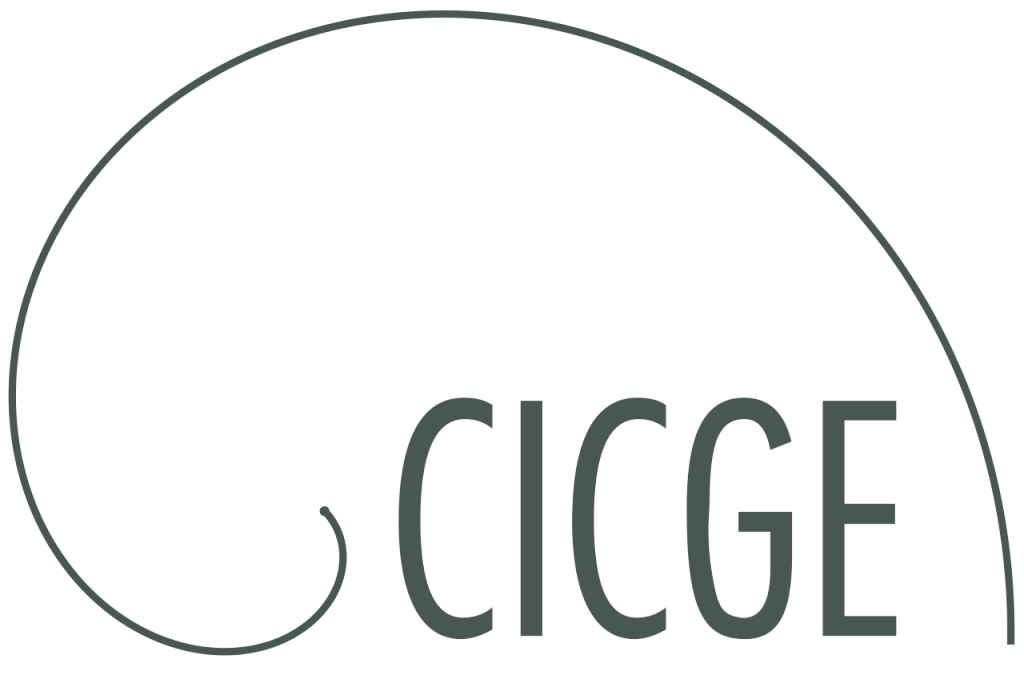
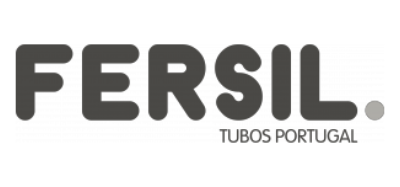

Get in Touch
- Rua do Campo Alegre, 687 4169-007 Porto
- +351 220 402 131
- gemac@fc.up.pt
